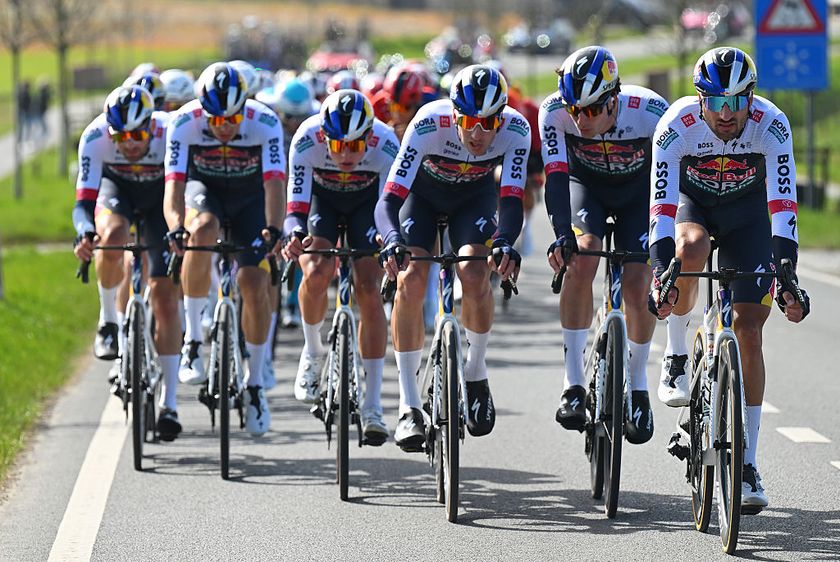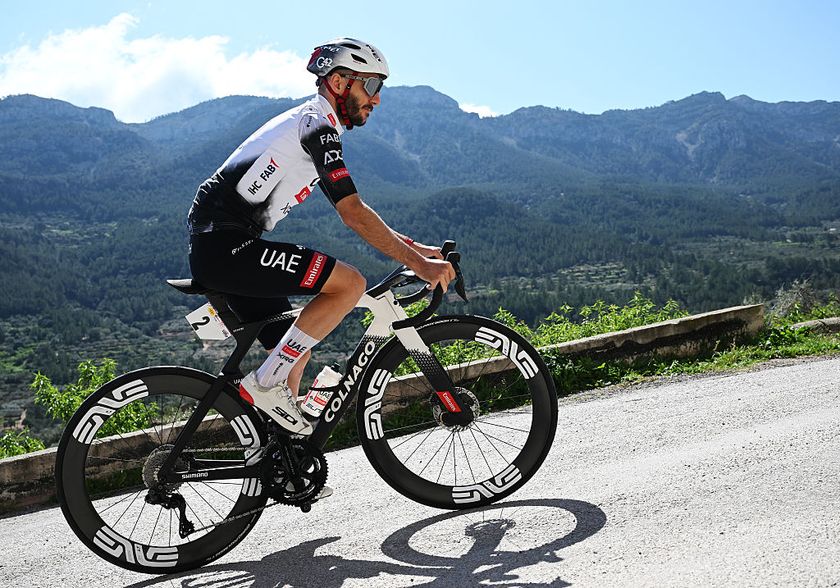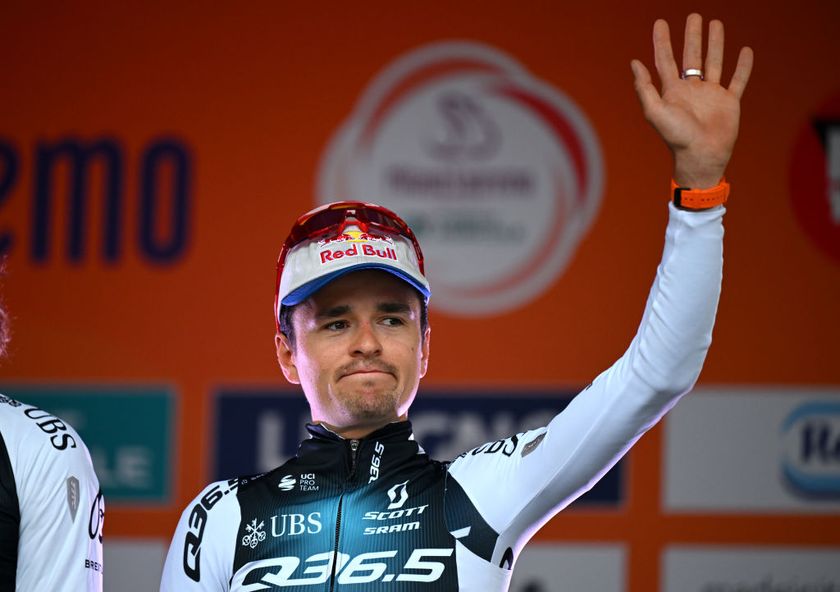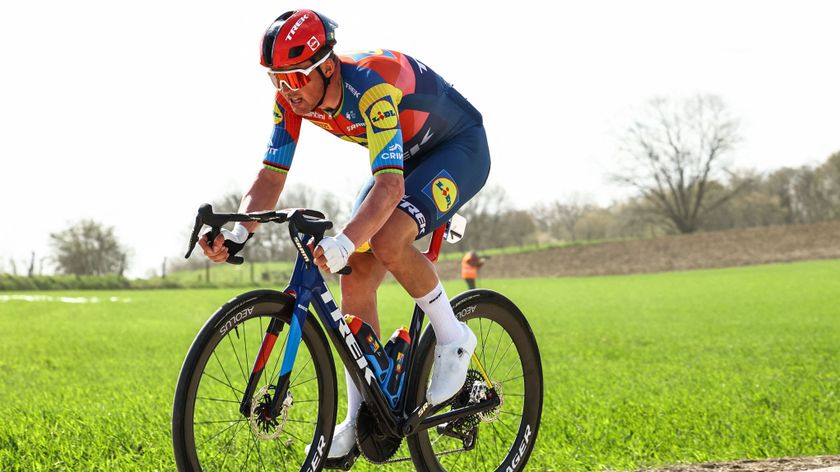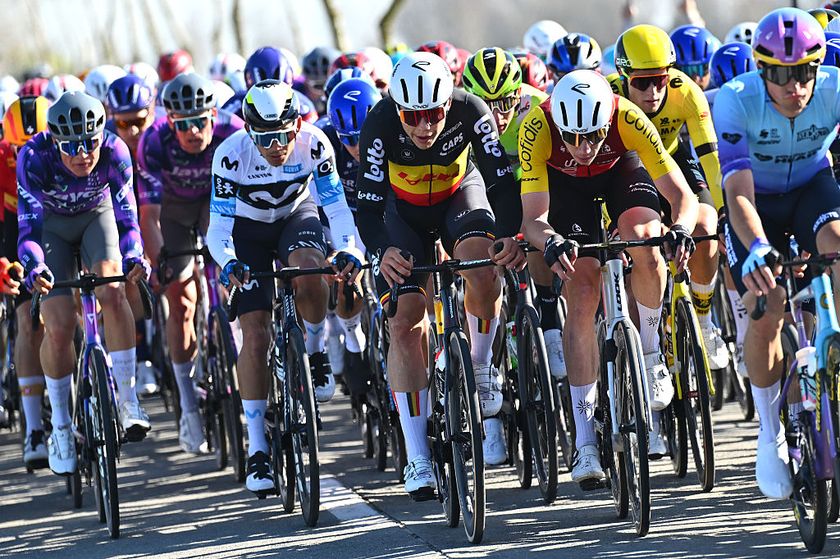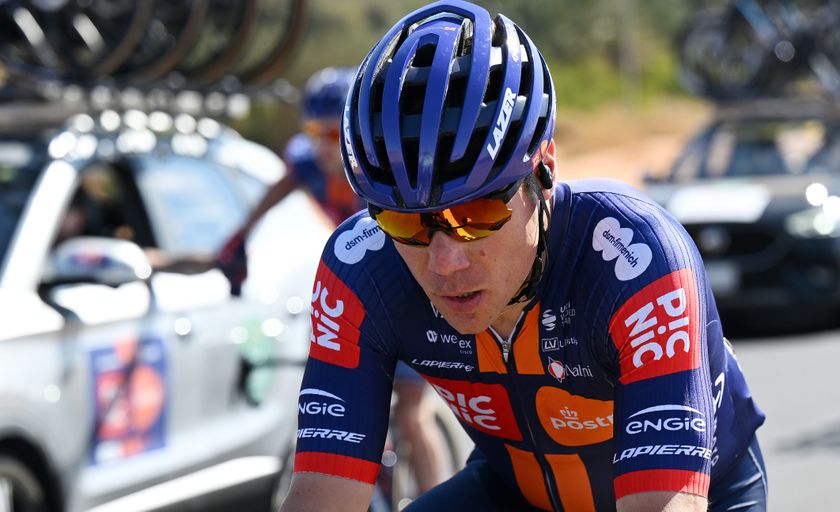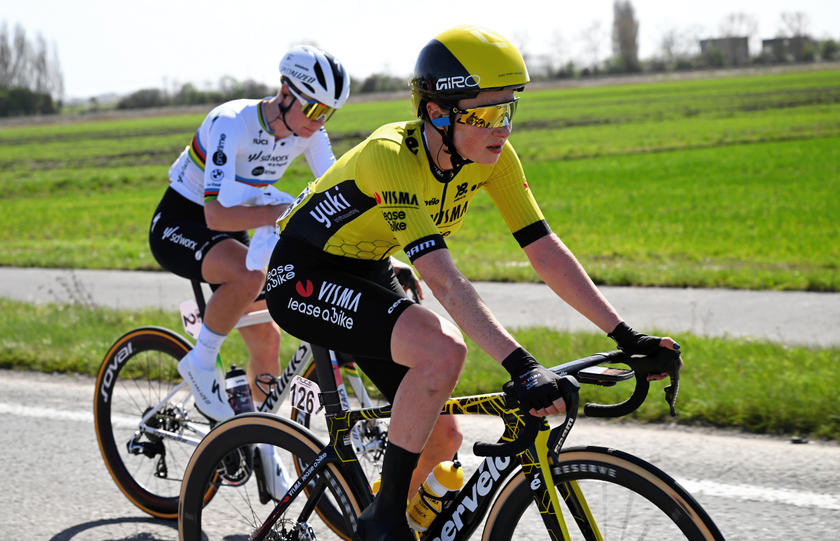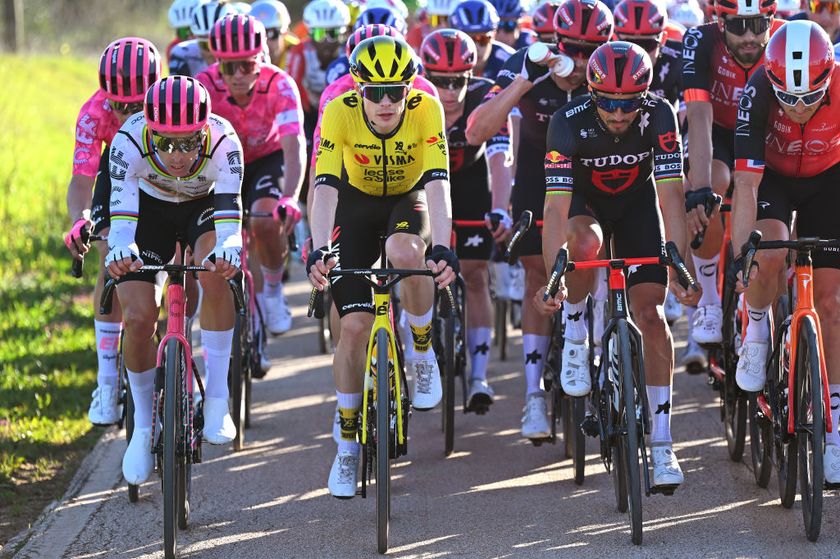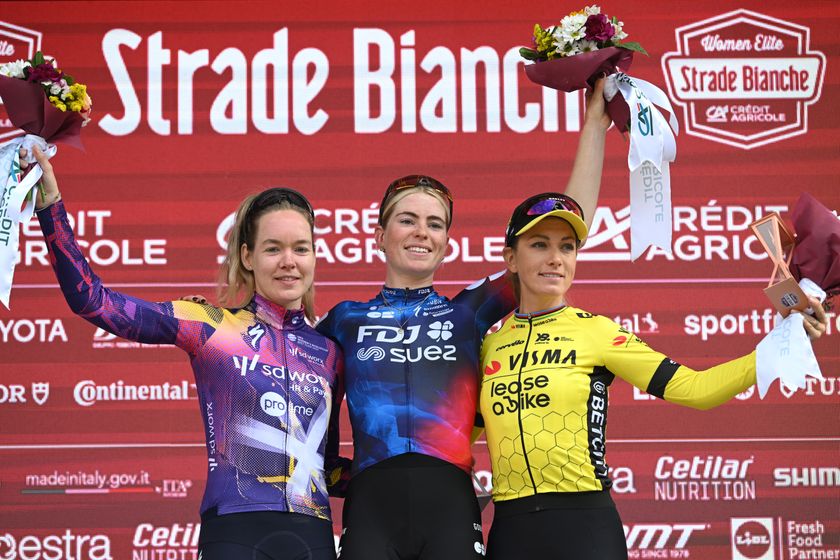Tour de France: Movistar seek alliance with Astana to take on Froome
Quintana defends risk-averse approach to the race so far





How to solve a problem like Chris Froome? The reigning Tour de France champion, and in particular the enviably strong team he has around him, has been causing quite a headache for Nairo Quintana and his Movistar team. On Tuesday’s rest-day, they struck upon a potential solution: an alliance with Astana.
It has become clear that Froome will be well guarded in the three Alpine road stages that precede Paris, with last Sunday’s journey though the Jura mountains a case in point – Woet Poels neutralised attacks from Fabio Aru (Astana), Alejandro Valverde (Movistar), and Romain Bardet (Ag2R La Mondiale) with apparent ease.
With Froome also able to call upon the services of Mikel Landa, Sergio Henao, Geraint Thomas, Mikel Nieve and Vasil Kiryienka, you suspect wrestling the yellow jersey off his shoulders is not a job that can be done alone. Quintana and Valverde lie fourth and fifth overall respectively, but those who separate them from the maillot jaune – Bauke Mollema (Trek-Segafredo) and Adam Yates (Orica-BikeExchange) – aren’t seen as potential allies.
“They want to defend their positions,” said Valverde in a hotel conference room at Movistar’s rest-day press gathering in Fribourg.
“Looking at the teams that are above us, Sky is the strongest by some distance. The others, yes they’re great teams but I think they’re focused in a different way. For example, Trek didn’t bring as many climbers as Sky – neither did Orica. I think our team is team is quite a bit stronger than either of those two.”
At that point, with Movistar’s press officer about to wrap up proceedings, team boss Eusebio Unzué cut in for a final word and, perhaps, a call to arms.
“There is a team that, on the days that matter, is usually assertive and effective, and that’s Astana,” he said.
Get The Leadout Newsletter
The latest race content, interviews, features, reviews and expert buying guides, direct to your inbox!
“Up to now we haven’t seen them take an aggressive approach – it was only really the day before yesterday when we started to see their intentions.”
Indeed, the Kazakh team had the temerity to take over from Sky on the hors-catégorie climb of the Grand Colombier in the Jura mountains, with Diego Rosa doing a considerable chunk of work to vastly reduce the peloton and set up Fabio Aru for an attack. In the end Poels ensured it was short-lived, but a statement of intent had been made and we should see Aru, 10th overall at five minutes, take a similar approach in the Alps.
“Aru is a man for the third week as well,” added Unzué, referring to his two stage wins in the final week of the last year’s Giro and his last-gasp Vuelta victory several months later. “The truth is, in Astana, with their aggression, we could well find common goals and have extra ammunition against the strength of Sky.”
Quintana defends his approach
Quintana has taken a conservative approach to this Tour de France so far, but he’s in danger of playing the waiting game for so long he runs out of road.
The Colombian, twice second to Chris Froome in the Tour, has attacked just the once so far in the race, on Mont Ventoux, where he was reeled in by Poels and subsequently dropped by Froome. Having lost two minutes in the stage 13 time trial, and 35 seconds to the Briton’s two unlikely attacking forays elsewhere, Quintana has had ground to make up, but defended his approach of waiting until the Alps to attempt to do so.
“There have been moments when I wanted to attack. On Ventoux I was the only one to attack but we saw what a strong team he has,” Quintana said.
“The day of Culoz I could have attacked but there was a dangerous descent and then some flat kilometres to the line,” he reasoned. “We’re not going to attack just because people want a spectacle, when at the end of the day, what could have happened might have worse than what we have.”
- Tour de France: Adam Yates in bonus territory as race hits third week
- Tour de France: Mollema ready to exploit any weaknesses in Froome
It’s an attitude that stands in stark contrast to the images of Froome pedalling furiously in full aero tuck coming off the Col de Peyresourde or incongruously driving a four-man split with Peter Sagan in the Montpellier crosswinds.
“You have to sit down and look logically at where the time was lost,” countered Quintana. “The truth is it was the time trial above all that played on his strengths, and we couldn’t really do anything about that.”
Though he did not directly mention an alliance with Astana, he did see the stages when other teams will be on the road – rather than Thursday’s uphill time trial in Megève – as the decisive areas of the race.
“It’s not a proper mountain time trial – it doesn’t have a huge altitude – but still I don’t think it will create big differences between the favourites,” he said.
“There are other stages to take time or to come up with a strategy and they’re the mountain stages.”
However creative Movistar get from a tactical perspective, whoever they link up, and however strong Quintana’s legs are, one suspects he will still have to hope Froome’s habit of fading in the final few days of the Tour continues.
“It doesn’t always work out how you want it to, but we’ll keep dreaming of yellow. Like last year, right up to the final day we won’t give in.”
Patrick is a freelance sports writer and editor. He’s an NCTJ-accredited journalist with a bachelor’s degree in modern languages (French and Spanish). Patrick worked full-time at Cyclingnews for eight years between 2015 and 2023, latterly as Deputy Editor.
